Fueling on the Run
By Jus' Running
So, you’ve started running longer distances, but are now confused about what to eat during the run? You’re feeling like all your energy gets zapped from your body after about 60 minutes? You’re overhearing your running friends talk about their “gels” and left feeling totally confused? You’re seeing headlines encouraging endurance athletes to bag the carbs and “go keto” by sticking to fats and proteins (hint: it is not that simple!) and you have no idea what that means? You have tried eating gels, but you couldn’t get them down without gagging (you are not alone)?
Nutrition is confusing - we get it! Thankfully, we are here to break it all down for you and answer all the common nutrition questions!
Do I need to consume something during every run?!
No, it is not necessary to consume calories during runs of one hour or less. The body stores carbohydrates in the form of glycogen in the liver and muscles, and this glycogen is the body’s primary energy source when running. Think of it as a gas tank, with the energy in your body (glycogen and fat) as the fuel. The fuel tank begins each run near full, but steadily declines the longer you go until it eventually approaches empty after ~50-75 minutes. Telltale signs that you are approaching empty include sudden onset of fatigue, nausea, and clumsiness. Once your body runs out of glycogen - the main fuel tank - it then begins to automatically switch to using fat stores for energy - the “reserve tank” in this case. Energy from fat, though, is generally less efficient of an energy source that the body is not accustomed to relying on exclusively, especially when running at higher intensities.
The good news is that you do not have to run out of energy, even if you’re running for hours. You can replenish your glycogen stores by ingesting nutrition during the run, analogous to fueling up at the gas station during a long road trip. Most runners will be best served by choosing a carbohydrate rich, high-glycemic option which will be easily absorbed into the body. Highly sugary, carbohydrate-based options will be sufficient for at least four or five hours (runners will want to consider adding in some small amounts of fat and protein sources for activities longer than this). Most runners opt for a liquid drink mix, a gel-based fuel, or the chews. Many cyclists and some runners take in more solid food, such as energy bars or energy “waffles,” but these are only for the most rock-solid stomachs as most people find them tough to digest while running.
There are so many options, how do I choose the right brand or flavor?
Well, this is often a personal preference. It is recommended to find what works and stick with it. “Don’t fix it if it ain’t broke…” Some people tolerate certain flavors and consistencies better than others. Some people choose the gels and chews with more natural ingredients, such as Spring Energy, Huma, or Honey Stinger. Some people love the seemingly endless flavor combinations that Gu Energy Labs offers. Some people opt for the caffeinated options, while others go caffeine-free. A lot of people find that a combination of an energy drink mix like Tailwind, Skratch or Maurten and an assortment of gels work well. Others gag every time they try to force a gel down, so they stick to the chewables from Skratch, Honey Stinger, Clif, or Gu. Keep in mind, it is recommended to consume a few big gulps of water/drink mix with each gel/chew to aid in digestion.
In really hot weather, runners will often need to replenish their salt levels with electrolyte tablets, salty foods (pretzels, potato chips, etc), or electrolyte-heavy drink mixes. Also sometimes neglected are the post-run recovery calories. It is ideal to ingest some calories, ideally higher in protein, within ~30 minutes after your long or hard runs. This provides your body with the necessary building blocks to rebuild your muscles.
How much do I need to consume?
Proper quantity will vary with body size (if you weigh more, you generally need more calories), intensity of activity (higher intensity = more calories), and outside temperature (hotter = more electrolytes and fluids). A general rule of thumb is to consume about 150-250 calories per hour. It is recommended to space it out over each hour, such as every 15 or 20 minutes.
Not sure what works best for you? We recommend purchasing a variety of flavors from an assortment of brands and then figuring it out by trial and error. Some people prefer fruity flavors, others prefer chocolaty.
Come by Jus’ Running to purchase nutrition by the packet or in bulk!





